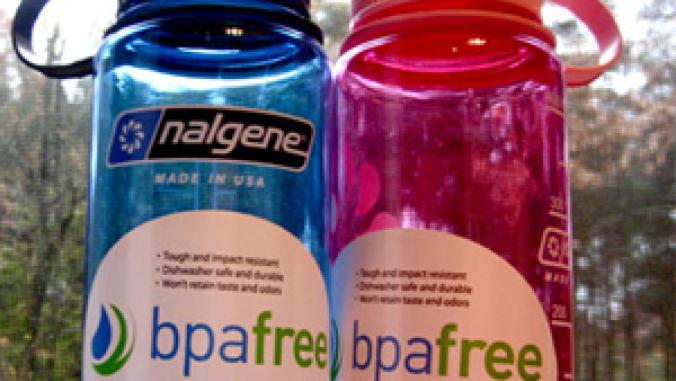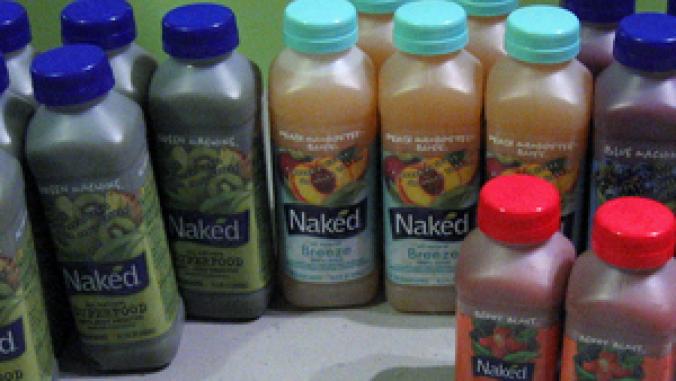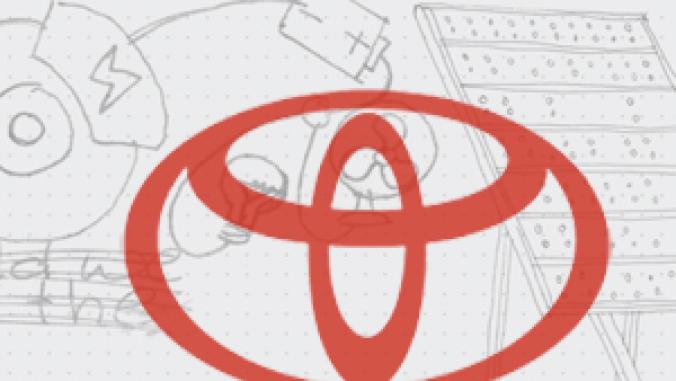Hanes EcoSmart Clothes Recycle Cotton, Upcycle Plastic Bottles
<p>Hanes has launched new fleece products made with recycled plastic bottles and socks that are more than half recycled cotton.<br /> </p>

Hanes is turning excess cotton into new socks and plastic bottles into fleece jackets.
The company has released products made with its EcoSmart fibers this month, coinciding with the launch of the company's new Hanes Green website, which provides information on Hanes' environmental efforts and tips for consumers.
Hanes' EcoSmart men's black athletic socks contain at least 55 percent recycled cotton, which is excess cotton from Hanes' manufacturing process that gets sanitized and recycled.
A variety of Hanes sweatshirts and sweatpants contain the company's EcoSmart polyester fiber, which is made from recycled plastic bottles. Each item contains 5 percent EcoSmart polyester. Hanes expects to produce more than 38 million pounds of EcoSmart polyester this year, which would recycle about 608 million plastic bottles.
{related_content}
The items will cost the same as similar Hanes items that do not contain the EcoSmart materials, said Sidney Falken, Hanes' brand senior vice president. All items will be available at Walmart and Hanes.com, with the fleece also sold at Target. All items carry the EcoSmart logo on the packaging.
In addition to changing its product materials and its recent tests with a hemp-based material called Crailar, Hanes has been making changes to its packaging as well. In the past three year, Hanes has eliminated 200 tons of plastic film from its packaging, and expects other changes to cut out 160 tons of film a year.
Hanes has shrunk the sizes of its product bags by changing the way shirts and socks are folded, and this year Hanes will start using a lighter film for much of its packaging.
All of the corrugated cardboard in Hanes' packaging contains 35-40 percent recycled content, and all virgin paper comes from Forest Stewardship Council certified sources.
The company also targeted waste obsolete packaging, and by examining purchasing practices and package designs, Hanes was able to reduce the amount of obsolete or discontinued packaging that was trashed by 49 tons, saving $334,000.




